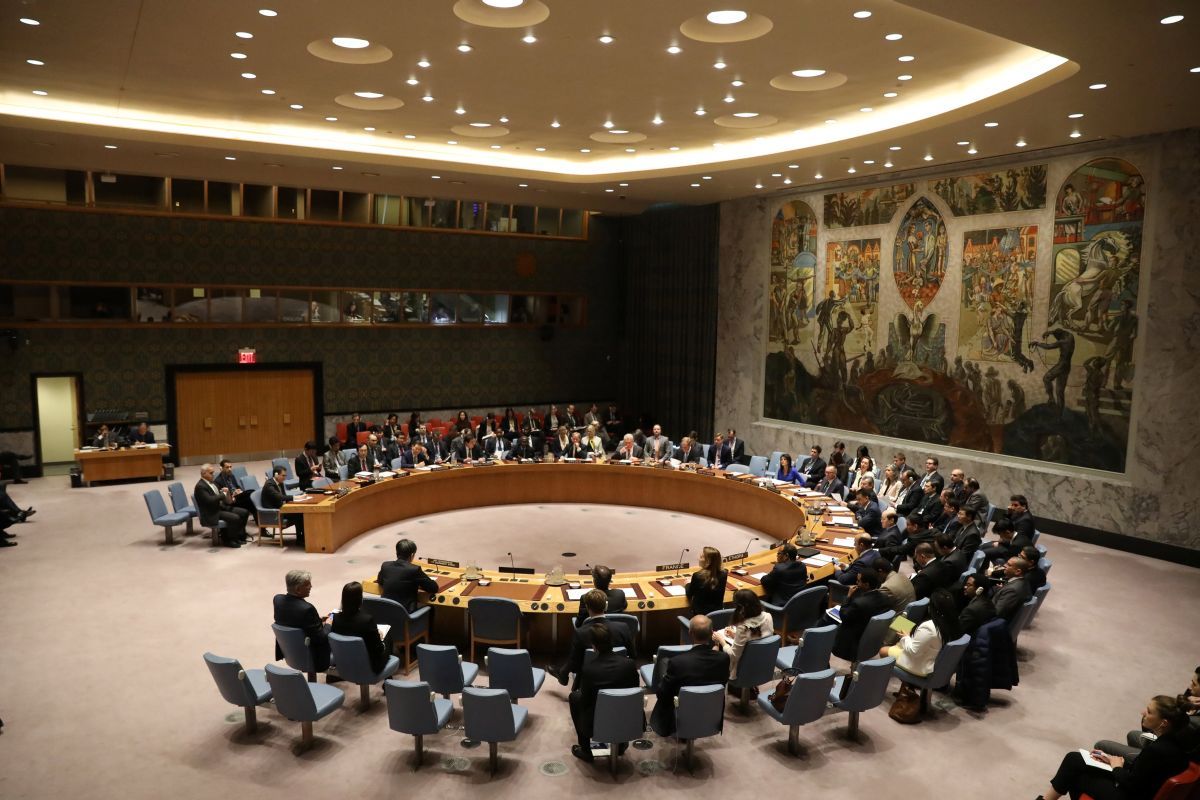
There are currently 16 UN peacekeeping operations under way, with more than 100,000 personnel, at an annual cost of nearly $8 billion. The UN has said that, adjusted for inflation, the cost to member states has decreased by 17% in the past decade by one measure. Three missions — Haiti, Ivory Coast and Liberia — are scheduled to end by March 2018, which will save hundreds of millions of dollars, according to NYT.
"Peacekeeping remains a highly cost-effect instrument," UN Secretary-General Antonio Guterres told the Council.
Still, he outlined plans for reform with four goals in mind.
Read alsoKlimkin says Russians must not be among UN peacekeepers in DonbasThe first, he said, is ensuring that "peace operations are deployed in support of active diplomatic efforts, not as a substitute." To that end, Guterres has changed the structure of the U.N. secretariat to consolidate the management of both peacekeeping operations and large political missions.
The second challenge is ensuring that peacekeepers are properly equipped. Guterres said there are critical gaps in technology, transportation, intelligence and other capabilities. The Security Council resolution called on member states to fulfill pledges to provide those capabilities and asked Guterres to provide a report within 90 days on a mechanism to fill the gaps.
Read alsoPoroshenko at UNSC: "Today we need UN's peacekeeping shoulder" (Video)The third goal is to stamp out corruption and abuses that have tarnished the reputation of UN peacekeeping, particularly sex abuse scandals.
Guterres said he has taken "strong steps" to fight the problem, which he says has haunted him. He pointed in particular to the appointment of a victims' rights advocate and a requirement that member states certify prior to deployment that none of their personnel has a history of misconduct.
However, a major challenge is that the UN lacks legal jurisdiction over its peacekeeping force and relies on member states to prosecute crimes by their own troops, making justice elusive in many cases.
The Security Council was divided over a fourth goal, that of strengthening partnerships with regional entities, especially the African Union, which has taken the helm of various peacekeeping operations.
Council members disagreed on whether to help finance AU operations on a case-by-case basis with UN contributions. In the end, the Security Council resolved to consider steps toward establishing a mechanism through which AU operations could be partly financed by the UN.

